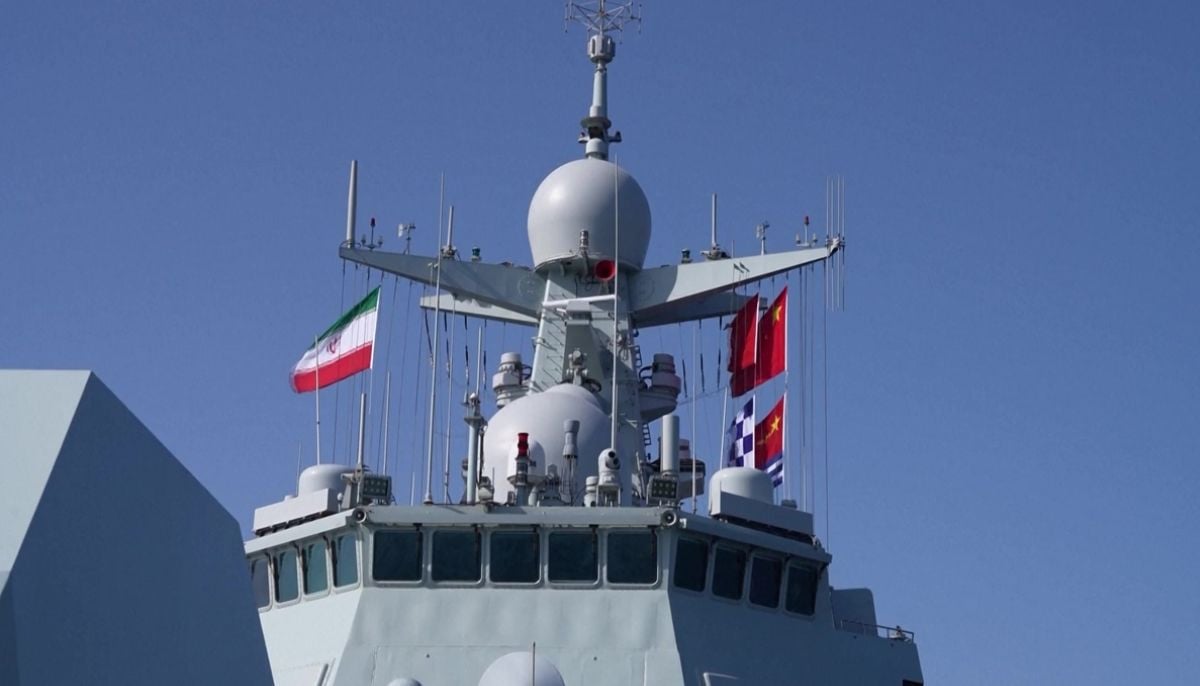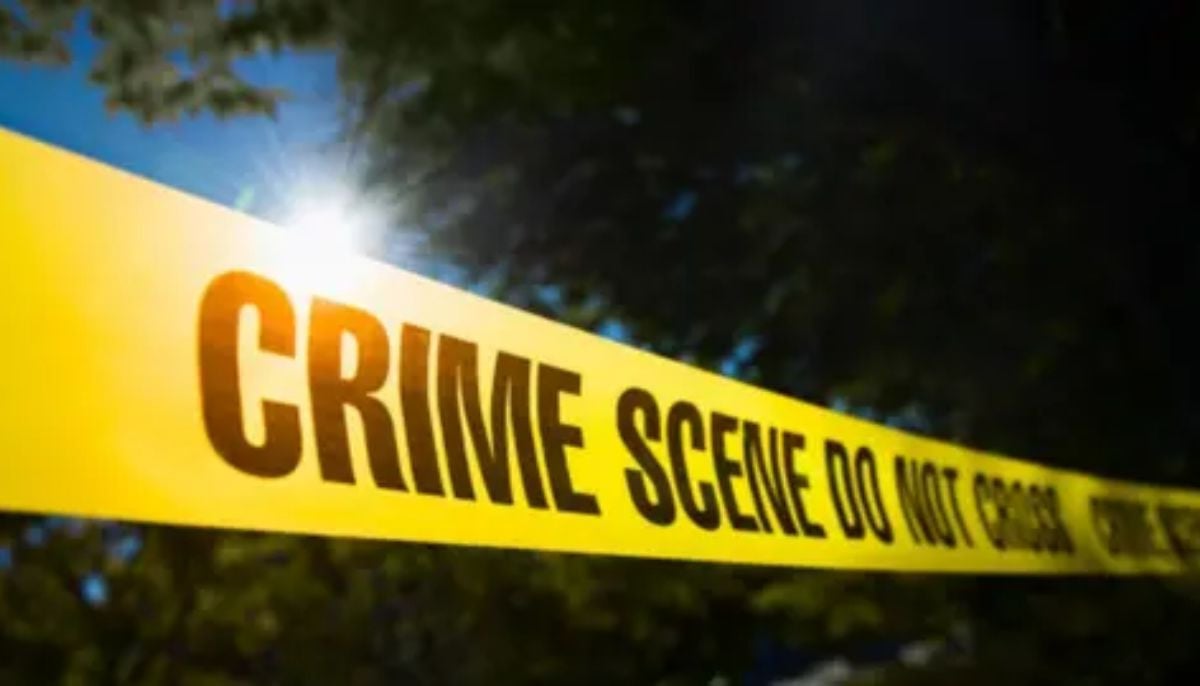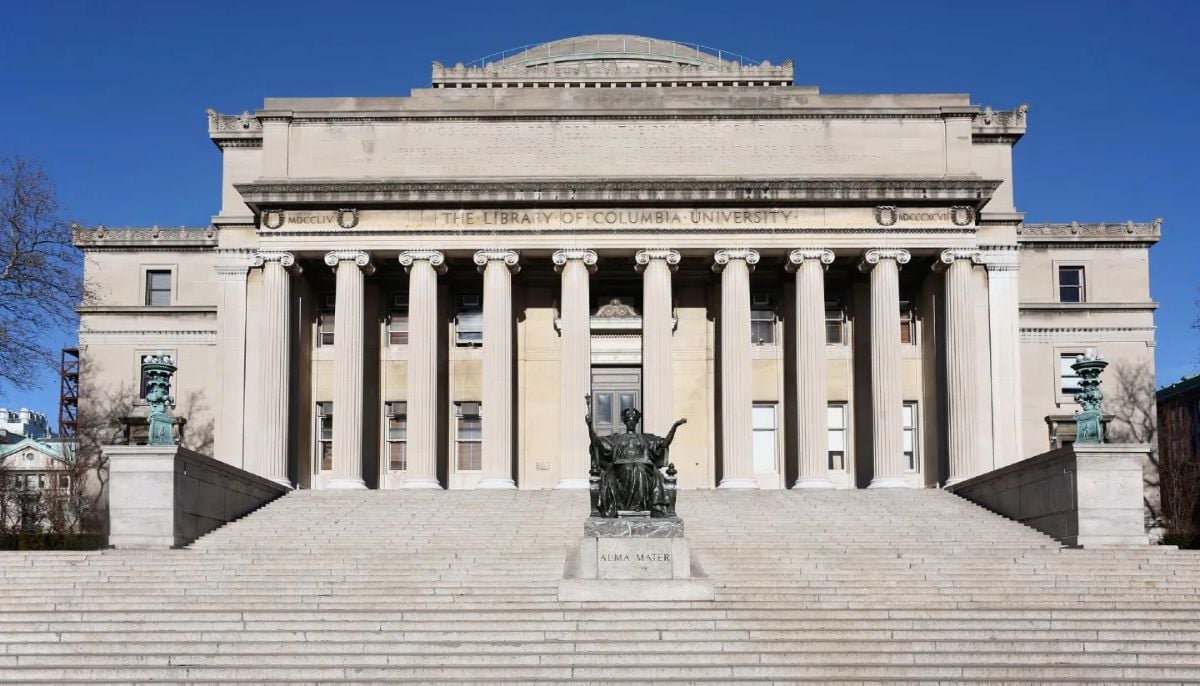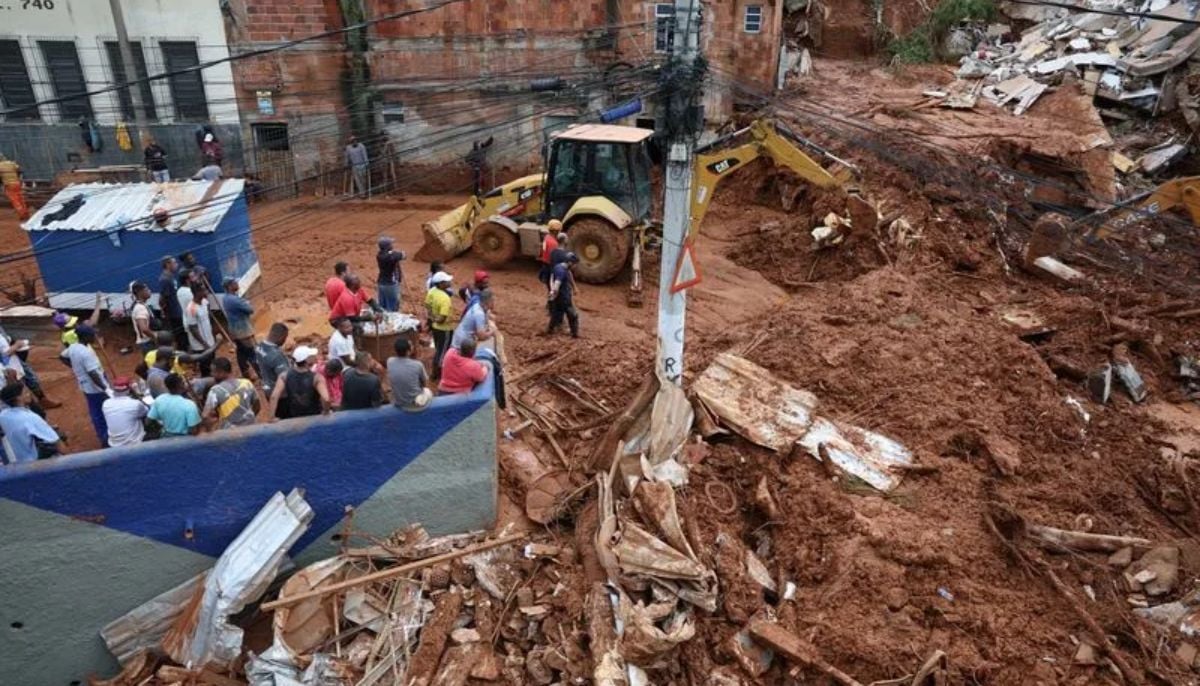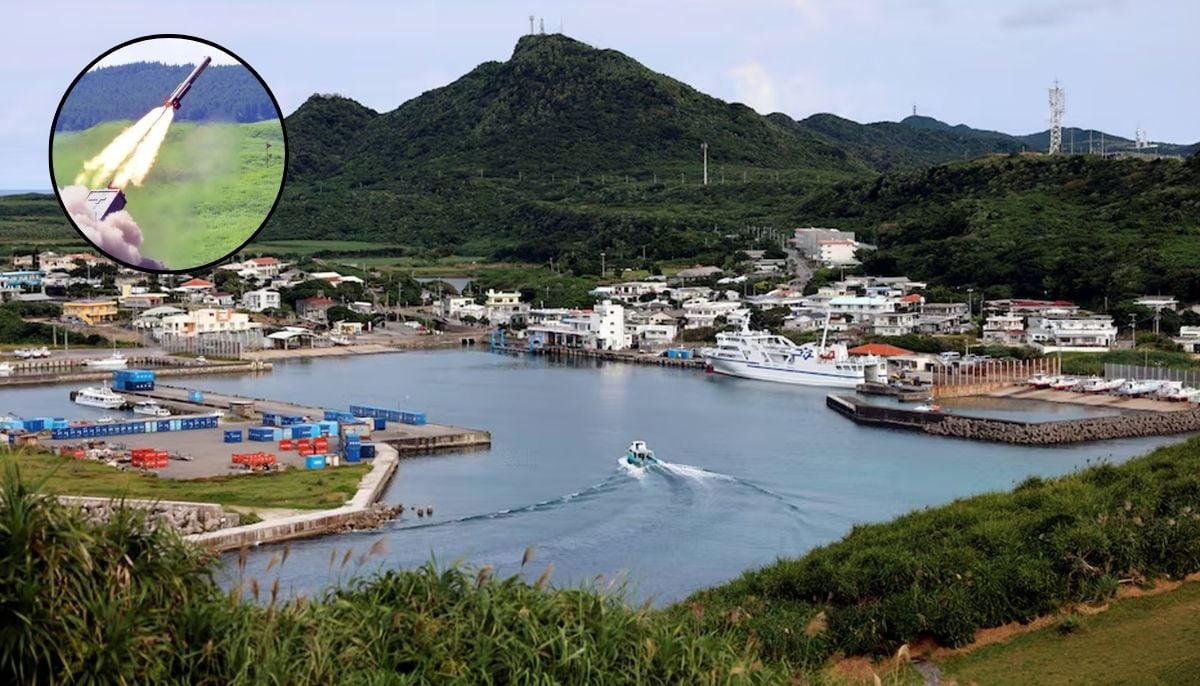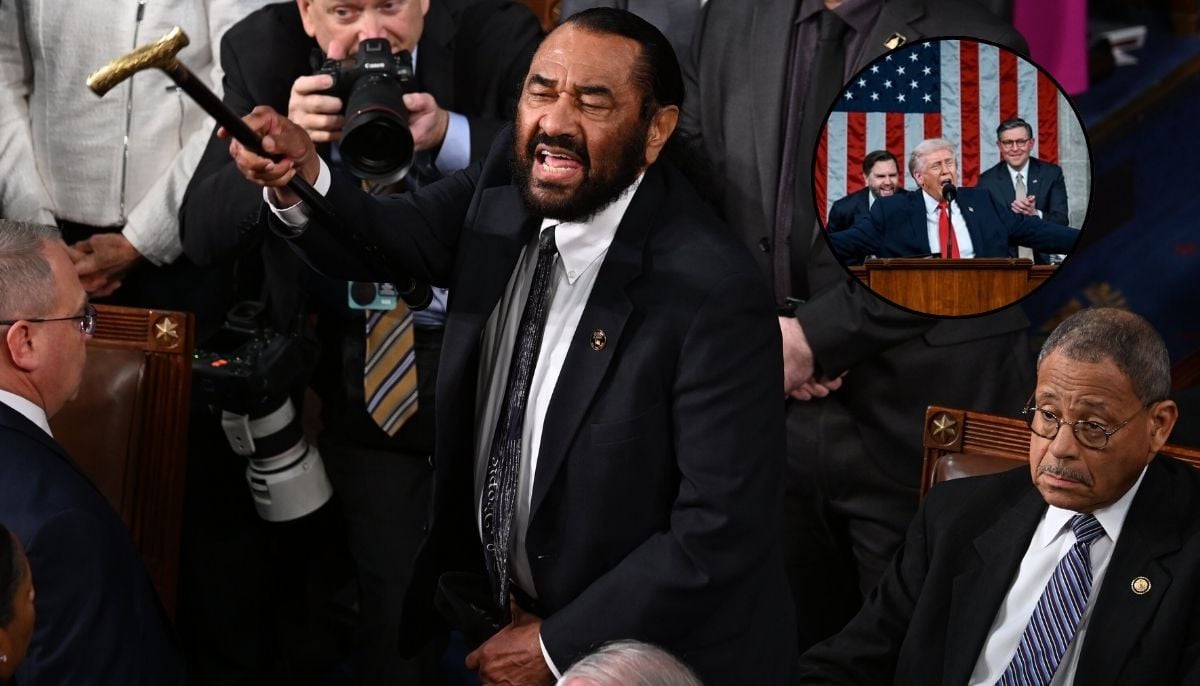Nearly 50 killed after 7.6 magnitude earthquake wreaks havoc across Japan
"What a terrible way to start the year," a resident said while queuing with others for water in Shika
Over 40 people were killed after a powerful 7.6 magnitude earthquake left a trail of destruction in Japan on New Year's Day with rescuers battling against the clock and powerful aftershocks on Tuesday to find survivors.
The quake, which hit Ishikawa prefecture, caused tsunami waves over a metre high, toppled buildings, caused a major fire, and tore apart roads.
The scale of the destruction on the Noto Peninsula was evident on Tuesday, with buildings smouldering, and houses flattened, with additional destruction on the coast.
"It was such a powerful jolt," a resident said while queuing with hundreds of others for water in the town of Shika. "What a terrible way to start the year."
Thousands of army personnel, firefighters, and police officers have been sent to the devastated Noto peninsula in Ishikawa prefecture, but rescue efforts are hindered by damaged roads and difficulty in assessing the full extent of the aftermath.
Many rail services, ferries and flights into the area have been suspended. Noto airport has closed due to damage to its runway, terminal and access roads, with 500 people stranded inside cars in its parking lot, according to Japan's public broadcaster NHK.
"The search and rescue of those impacted by the quake is a battle against time," Prime Minister Fumio Kishida said during an emergency disaster meeting on Tuesday, adding that helicopter surveys had discovered many fires and widespread damage to buildings and infrastructure.
The Japanese government evacuated around 100,000 people on Monday night, sending them to sports halls and school gymnasiums.
Almost 45,000 households were without power in the region, which saw temperatures freezing overnight, the local energy provider said. Many cities were without running water.
Authorities in Ishikawa confirmed 48 deaths from the earthquake so far, including 15 in the badly hit port city of Wajima, near the quake's epicentre.
Earlier, authorities said the death toll stood at 30.
Firefighters have been battling blazes in several cities and trying to free more people trapped in collapsed buildings, Japan's fire and disaster management agency said.
Over 140 tremors have been detected since the quake first hit on Monday, according to the Japan Meteorological Agency which warned more strong shocks could hit in the coming days.
Japan experiences hundreds of earthquakes annually, with most causing no damage, and the number of earthquakes in the Noto Peninsula region has been steadily increasing since 2018.
In 2011, a 9.0-magnitude earthquake off northeastern Japan caused a tsunami resulting in more than 18,500 deaths or missing, and swamped the Fukushima atomic plant, causing one of the world's worst nuclear disasters.
However, Japan's nuclear authority said there were no abnormalities reported at the Shika atomic power plant in Ishikawa or other plants after Monday's quake.
In Washington, US President Joe Biden was briefed on Monday's quake and offered Japan "any necessary assistance" to cope with the aftermath.
French President Emmanuel Macron expressed "solidarity" while Italian Prime Minister Giorgia Meloni offered condolences and assistance.
-
Nobel-winning scientist resigns from Columbia university after Epstein links revealed
-
At least 30 dead after heavy rains hit southeastern Brazil, 39 missing
-
Japan plans missile deployment near Taiwan by 2031 amid growing regional tensions
-
Trump delivers longest State of Union address in history: Inside key details on economy, security and global strategy
-
Trump’s 2026 State of Union address: Inside key takeaways, major policy shifts & top announcements
-
Rep. Al Green removed from House chamber during Trump’s State of Union address: Here’s what happened
-
Bill Gates breaks silence on Epstein links, ‘took responsibility for his actions’ during town hall meeting
-
President Donald Trump delivers the traditional State of the Union address to Congress


